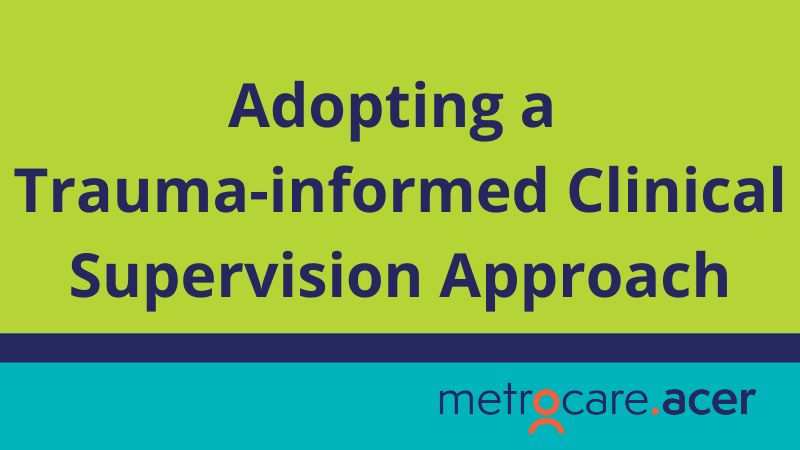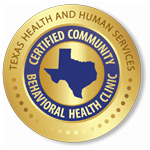In this session, we will explore how the brain generates and regulates emotions, focusing on key areas like the amygdala and prefrontal cortex. Attendees will learn five practical strategies for managing emotional responses, such as reframing thoughts or redirecting attention. We will also examine what happens when these regulatory processes break down in major depression and how treatment can help restore balance in the brain.
By the end of this session, participants will be able to….
• Describe the approaches used to study emotion in the brain
• Explain the roles of the amygdala and prefrontal cortex in emotion
• Apply the five behavioral strategies used to modify emotional experiences
• Differentiate how major depression and its treatment impact emotion processing in the brain in comparison to those without depression
Register Here!
Cost: $25
This virtual event is limited to 30 participants. Please ensure you are registered no later than Monday, March 3rd to secure your spot.
Please be sure to review our policy and procedure for any questions regarding cancellations, refunds, and confidentiality.
Those who complete the session evaluation will receive a Certificate of Completion within 7-10 business days of the event.
_____________________________________________________________
About Kyle Blidy, PhD
Dr. Kyle Blidy is the Assistant Director of Education, Training, and Research at ACER. He holds a PhD in Neuroscience and five years of research experience focused on treatments for neuropsychiatric ailments. His work includes: 1) identifying neural profiles necessary for language recovery post-stroke; 2) identifying neural markers that predict therapy response among individuals with PTSD and/or SUDs; 3) examining how the brain reacts to social threats and whether intra-nasal oxytocin can reduce these reactions in individuals with cocaine use disorder; and 4) investigating how the brain creates rewarding memories among individuals with PTSD who struggle to feel joy. Dr. Blidy has showcased his work via publication and at national and international conferences. His goal is to identify moderators of treatment effectiveness across trauma-related conditions.
______________________________________________________________














